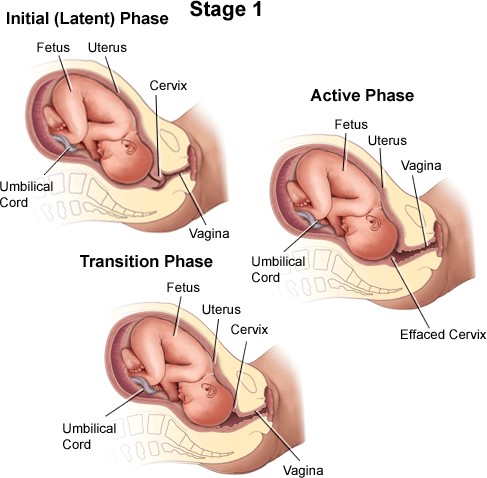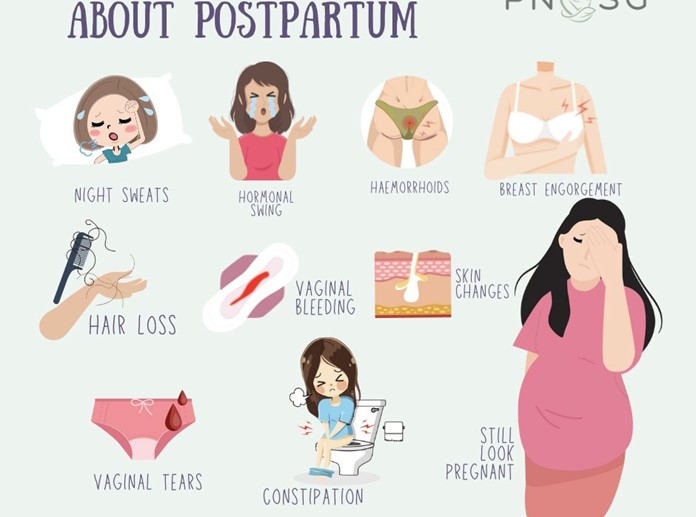The parents of a newborn who is being treated for bacterial septicemia ask the nurse why their baby didn't seem very ill. The best response of the nurse is:
Select one:
"You would have seen more symptoms if you had been looking more closely at your baby."
"A newborn's immune system isn't mature, so symptoms are subtle and can be hard to recognize."
"A high fever will always be present in sick newborns, including your baby."
"A mother's immunity usually protects the infant from illness, but not in this case."
The Correct Answer is B
Choice A Reason: "You would have seen more symptoms if you had been looking more closely at your baby." This is an inappropriate response that blames the parents for missing the signs of sepsis and does not explain the Reason for the subtle symptoms.
Choice B Reason: "A newborn's immune system isn't mature, so symptoms are subtle and can be hard to recognize." This is an appropriate response that educates the parents about the immunological basis of sepsis in newborns and reassures them that they are not at fault for not noticing the symptoms.
Choice C Reason: "A high fever will always be present in sick newborns, including your baby." This is an incorrect response that contradicts the fact that newborns may not develop fever in response to infection due to their immature immune systems.
Choice D Reason: "A mother's immunity usually protects the infant from illness, but not in this case." This is an inaccurate response that implies that the mother failed to provide adequate immunity to her baby and does not address the question of why the baby did not seem very ill.
Nursing Test Bank
Naxlex Comprehensive Predictor Exams
Related Questions
Correct Answer is A
Explanation
Choice A Reason: Latent phase of the first stage of labor. This is because this phase is characterized by mild and irregular contractions, slow cervical dilation (up to 4 cm), minimal cervical effacement (up to 40%), and minimal discomfort or pain. The latent phase is also known as the early phase or preparatory phase of labor.
Choice B Reason: Transition phase of the first stage of labor. This is an incorrect answer that describes a different phase with different characteristics. The transition phase is marked by strong and frequent contractions, rapid cervical dilation (from 8 to 10 cm), complete cervical effacement (100%), and intense discomfort or pain. The transition phase is also known as the terminal phase or acceleration phase of labor.
Choice C Reason: Perineal phase of the second stage of labor. This is an incorrect answer that refers to another stage and phase with different features. The second stage of labor begins with complete cervical dilation (10 cm) and ends with delivery of the baby. The perineal phase is the last part of the second stage, where the baby's head crowns and emerges through the vaginal opening.
Choice D Reason: Active phase of the first stage of labor. This is an incorrect answer that indicates another phase with different atributes. The active phase is characterized by moderate and regular contractions, progressive cervical dilation (from 4 to 8 cm), increased cervical effacement (from 40% to 80%), and increased discomfort or pain. The active phase is also known as the middle phase or dilatation phase of labor.

Correct Answer is C
Explanation
Choice A Reason: Contact the physician, as it indicates early DIC. This is an incorrect answer that confuses a low pulse rate with a high pulse rate. DIC stands for disseminated intravascular coagulation, which is a life-threatening condition where abnormal clotting and bleeding occur simultaneously in the body. DIC can occur as a complication of postpartum hemorrhage, infection, or placental abruption. DIC can cause tachycardia (high pulse rate), not bradycardia (low pulse rate).
Choice B Reason: Contact the physician, as it is a first sign of postpartum eclampsia. This is an incorrect answer that misinterprets a low pulse rate as a sign of hypertension. Postpartum eclampsia is a condition where seizures occur in a woman who has preeclampsia or eclampsia after delivery. Preeclampsia and eclampsia are characterized by high blood pressure and proteinuria in pregnancy. Postpartum eclampsia can cause hypertension (high blood pressure), not hypotension (low blood pressure).
Choice C Reason: Document the finding as it is a normal finding at this time. This is because a pulse rate of 60 beats per minute is within the normal range for an adult and may reflect a physiological adaptation to the postpartum period. During pregnancy, the maternal blood volume and cardiac output increase, which can elevate the pulse rate. After delivery, these parameters gradually return to pre-pregnancy levels, which can lower the pulse rate.
Choice D Reason: Obtain an order for a CBC, as it suggests postpartum anemia. This is an incorrect answer that assumes that a low pulse rate is caused by anemia. Anemia is a condition where the red blood cell count or hemoglobin level is lower than normal, which can impair oxygen delivery to the tissues. Anemia can occur in the postpartum period due to blood loss during delivery or poor nutritional intake during pregnancy. Anemia can cause tachycardia (high pulse rate), not bradycardia (low pulse rate).

Whether you are a student looking to ace your exams or a practicing nurse seeking to enhance your expertise , our nursing education contents will empower you with the confidence and competence to make a difference in the lives of patients and become a respected leader in the healthcare field.
Visit Naxlex, invest in your future and unlock endless possibilities with our unparalleled nursing education contents today
Report Wrong Answer on the Current Question
Do you disagree with the answer? If yes, what is your expected answer? Explain.
Kindly be descriptive with the issue you are facing.
